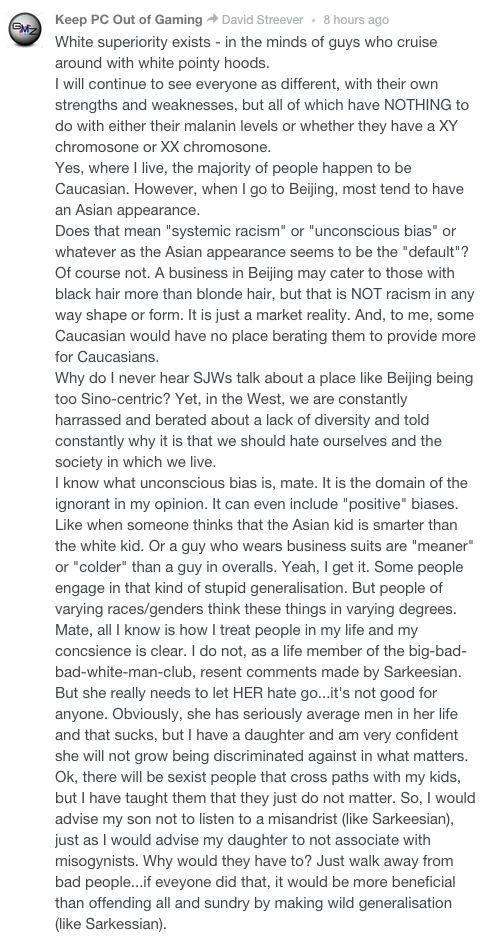My latest for The Daily Beast examines the recent sentencing of “revenge porn” king and the “most hated man on the Internet”, Hunter Moore, in light of ongoing toxicity so many face. I don’t think his sentencing carries the weight some think it does and I highlight some contours of why combatting bigotry online is so difficult – and maybe some small ways we can help.
(Basically: if you understand why I find overt racism less troubling than constant dismissal from people who should be allies, then you understand what combating bigotry is so hard.)


